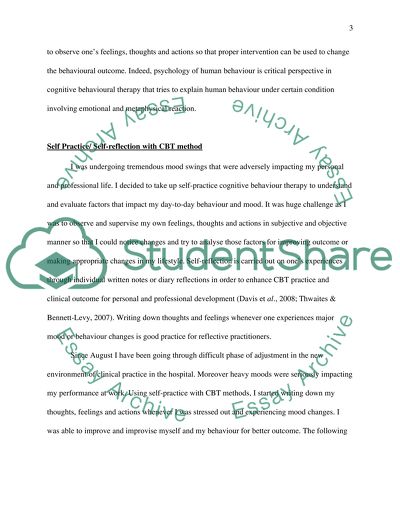Cite this document
(“Reflective Report of Self-Practice with CBT Methods Essay”, n.d.)
Retrieved from https://studentshare.org/psychology/1498834-reflective-report-of-self-practice-with-cbt
Retrieved from https://studentshare.org/psychology/1498834-reflective-report-of-self-practice-with-cbt
(Reflective Report of Self-Practice With CBT Methods Essay)
https://studentshare.org/psychology/1498834-reflective-report-of-self-practice-with-cbt.
https://studentshare.org/psychology/1498834-reflective-report-of-self-practice-with-cbt.
“Reflective Report of Self-Practice With CBT Methods Essay”, n.d. https://studentshare.org/psychology/1498834-reflective-report-of-self-practice-with-cbt.


